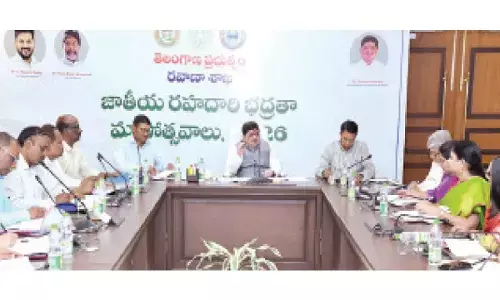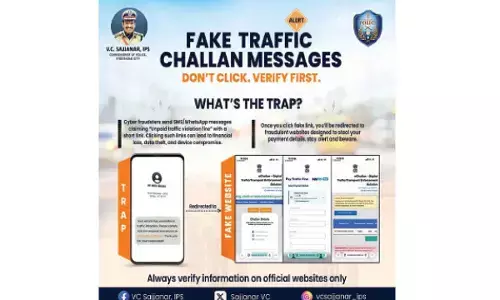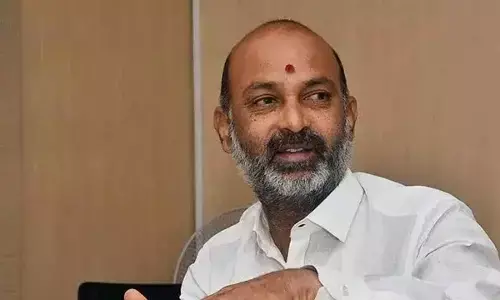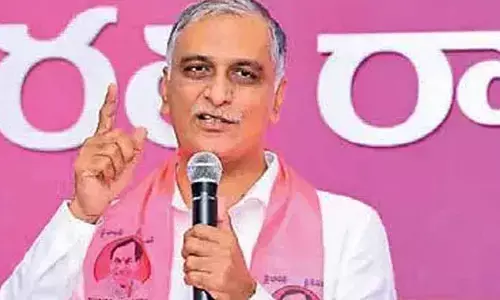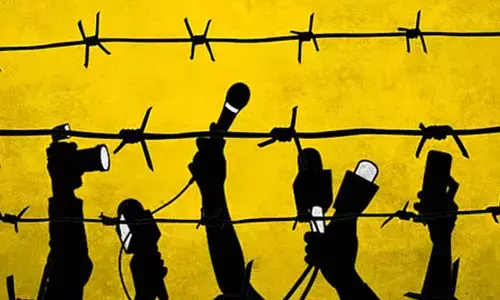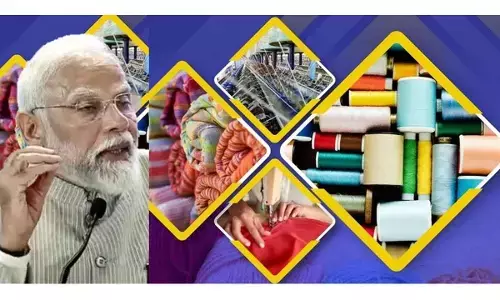Skewed alcohol beverage duty structure denting Karnataka excise collection potential
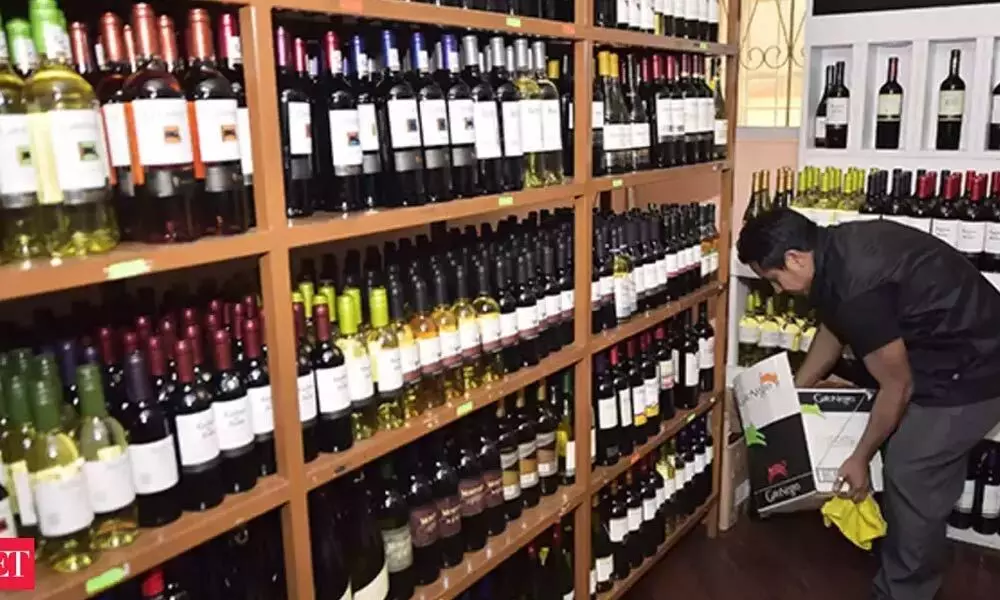
Skewed alcohol beverage duty structure denting Karnataka excise collection potential
Excise duty on alcohol beverage is undoubtedly a major source of revenue for several State governments. On the contrary, skewed duty structure and inconsistencies in excise policy followed by some state governments are not only denting excise duty collection potential but also deterring responsible drinking amongst masses.
Bengaluru: Excise duty on alcohol beverage is undoubtedly a major source of revenue for several State governments. On the contrary, skewed duty structure and inconsistencies in excise policy followed by some state governments are not only denting excise duty collection potential but also deterring responsible drinking amongst masses.
Further, the skewed excise duty, besides making cheap segments cheaper, has made value or premium segment exorbitantly expensive. This essentially means encouraging abusive and binge drinking habits at lower price bracket and forcing consumers of value or premium segment to think of alternate sourcing from other geographies and channels owing to high price point in the State.
The classic case of this paradox is Karnataka which sells one of the highest bottled alcohol beverages in South India but lags severely behind in per case excise revenue collection as compared to other states. For the financial year 2019-20, sale of spirits in Karnataka was at 60.09 million cases and excise collection stood at Rs 21,584 crore. While in the case of Telengana, 34.88 million cases were sold, with excise collection standing at Rs 22,210 crore. This clearly shows that, Karnataka despite selling almost 72 percent more spirits than Telengana by volume, collects excise revenue lesser by almost 3 percent.
The table below provides data on volume of spirits sold in different southern states and excise revenue generated by respective Governments. This clearly reveals that spirits sales in Karnataka while being the second highest (only marginally lower to Tamilnadu the highest spirit sales State by volume), the per case excise collection is the lowest among all southern States.
Alcohol industry veterans stated that this scenario is due to the fact that spirits sale at low end in Karnataka is very high as compared to any other major market in the country, thereby contributing to lower per case revenue. On the contrary, popular and premium IMFL brands, which have high sale potential in the state, is witnessing muted sales owing to very high excise duty, probably the highest in the country.
Segment wise spirits sale data reveal that cheap + regular category accounted for 93 percent of total spirits sales in Karnataka, while value + deluxe + premium category accounted for a miniscule 7 percent. On the contrary in Telengana, cheap + regular category accounted for 49 percent of total spirits sales, while value deluxe + premium category accounted for 51 percent.
Looking at excise duty levied across different segments and States reflect the high skewness in Karnataka. The following table explains the skewness and the resultant price of spirits.
The data clearly reflect the lop-sided levy prevailing in Karnataka. While in Karnataka the levy is lowest in local and mass moving brands category, on the contrary the levy is highest in value / deluxe / premium / bottled in India scotch category. The lowest levy category accounts for 93 percent of total spirit sales, while the highest levy category accounts for just 7 percent. Thus, industry veterans opine that this skewness is hurting Karnataka excise collection potential.
By harmonising excise levy slab, a substantial increase in sales starting from value or deluxe category and upwards is bound to happen and owing to which Karnataka Government could generate more revenue.
Against this backdrop, alcohol industry veterans suggest that harmonization of excise duty structure in Karnataka will be a win-win situation both for State Government as well as consumers. This harmonization measure besides helping Karnataka to get addition revenue will also give consumers access to spirits of their choice at better price point within the State, thereby deterring them from getting it from across borders.
Most importantly, harmonisation is likely to attract additional investment both from existing and new players to set up production facility in Karnataka as the State has undoubtedly a huge market waiting to be tapped. In-addition, it is suggested that lesser slabs along with tax harmonization will lead to long term industry sustenance.
This will ensure that Karnataka also becomes homogenous with other markets and provide a level playing field for all segments or categories in spirits production and sales. This will go a long way in promoting responsible drinking and deter abusive drinking.
The Vice President, Federation of the Wine Merchants Association (FWMA), Karnataka, Karunakar Hegde said, "People coming from other states like Maharashtra and others, carry one or two bottles of higher segment in the state and thus Karnataka is losing revenue in such cases. We are expecting the government to call a pre-budget meeting some time next week and prior to this we haven given plenty of proposals and requests to the government asking them not to hike the duty on IMFL and the percentage of profit what dealers in Karnataka get is very meagre because with 10 percent margin, it is very difficult to run the show. We have requested the government to hike the percentage of profit also."
Hegde added that this time the government should not hike the excise duty as during Covid it was raised by 17 percent and though the sale of alcohol decreased by 10 to 20 percent during this period, just because of the hike in duty structure, the government was able to achieve 100 percent revenue targets and not because of increased sales of alcohol.
The Editor-in-Chief, Spiritz, one of the most widely circulated alcobev magazine of the country, Bishan Kumar said, "By imposing additional excise duty on spirits and beer, Karnataka government is putting additional burden on consumers, which could also lead to thinner margins for liquor and beer manufacturers.
The state government's excise policies have been very industry friendly but government's bid to shore up its revenue is the cause of Government's latest move."








